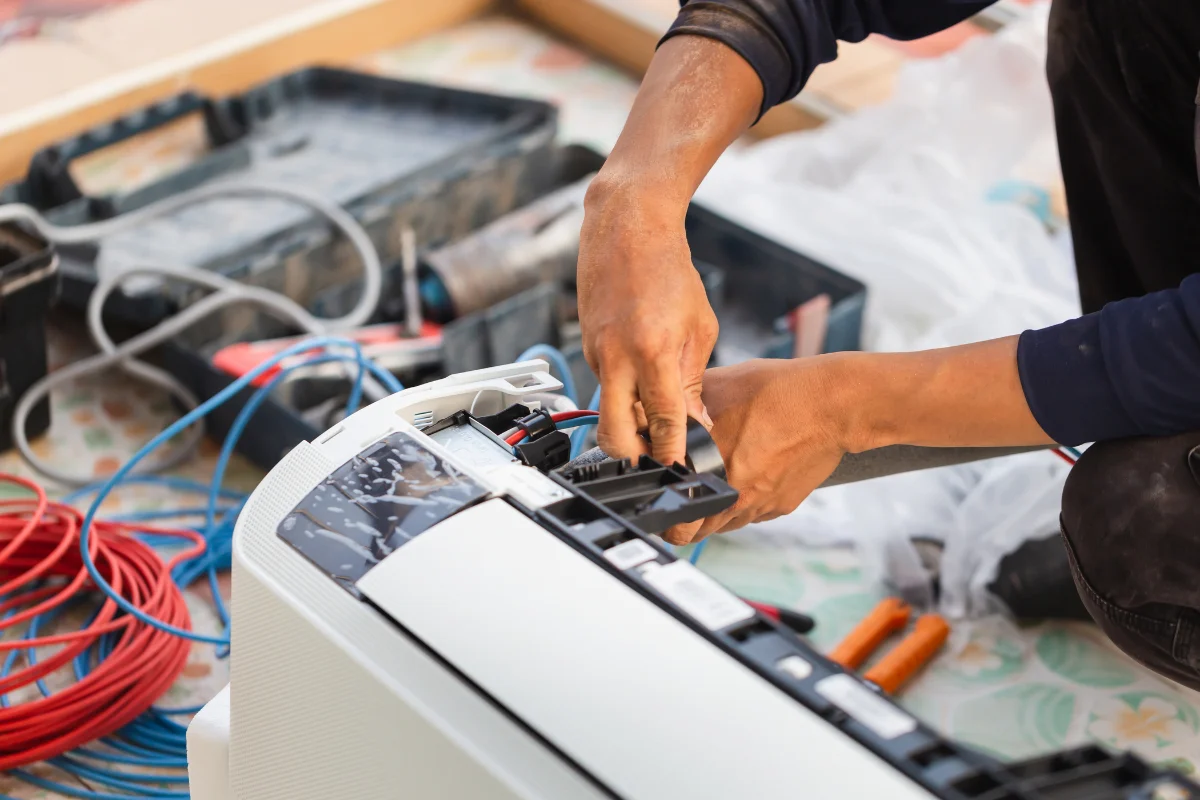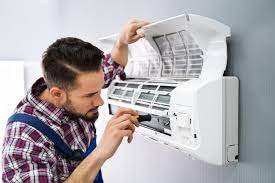Heating, ventilation, and air conditioning (HVAC) mechanical systems play a crucial role in maintaining a comfortable and healthy indoor environment. From controlling the temperature to ensuring proper air circulation, HVAC systems are essential in residential, commercial, and industrial buildings. Whether it’s heating your home during the winter months or keeping your office cool in the summer, a well-maintained HVAC system is key to a comfortable living and working space.
Understanding the basics of HVAC mechanical systems can help you make informed decisions about maintenance, repairs, and upgrades. In this article, we will explore the components of HVAC systems, common issues that arise, and how to ensure your system is running efficiently. Whether you are a homeowner looking to improve indoor air quality or a facility manager responsible for maintaining a commercial building, having a working knowledge of HVAC mechanical systems is essential.

Components of HVAC Systems
An HVAC system consists of various components that work together to regulate temperature, humidity, and air quality. The primary parts include a furnace or heat pump for heating, an air conditioner for cooling, ductwork for air distribution, vents for air intake and exhaust, thermostats for temperature control, and filters for air purification. Each component plays a crucial role in ensuring the system functions efficiently and effectively. Regular maintenance is essential to keep these components in good working condition and prevent potential issues from arising. For professional maintenance services, consider reaching out to Warren Mechanical HVAC, a trusted provider with expertise in HVAC systems.
Common HVAC Issues and Solutions
Common issues that can arise with HVAC systems include poor airflow, uneven heating or cooling, strange noises, foul odors, and frequent cycling. These problems can be caused by various factors such as dirty filters, leaky ducts, malfunctioning thermostats, or worn-out components. It’s essential to address these issues promptly to prevent further damage and ensure optimal performance. Regular maintenance, including cleaning or replacing filters, inspecting ductwork, and tuning up the system can help prevent these issues. With proper care and maintenance, your HVAC system can operate efficiently and provide a comfortable indoor environment for years to come.
In conclusion, HVAC mechanical systems are essential for maintaining a comfortable and healthy indoor environment in residential, commercial, and industrial buildings. Understanding the components of HVAC systems, common issues that can arise, and proper maintenance practices is key to ensuring your system operates efficiently and effectively. By staying informed and proactive about the care of your HVAC system, you can enjoy a comfortable living and working space year-round. Remember to stay on top of regular maintenance tasks and address any issues promptly to prevent further damage and maximize the lifespan of your HVAC system.
